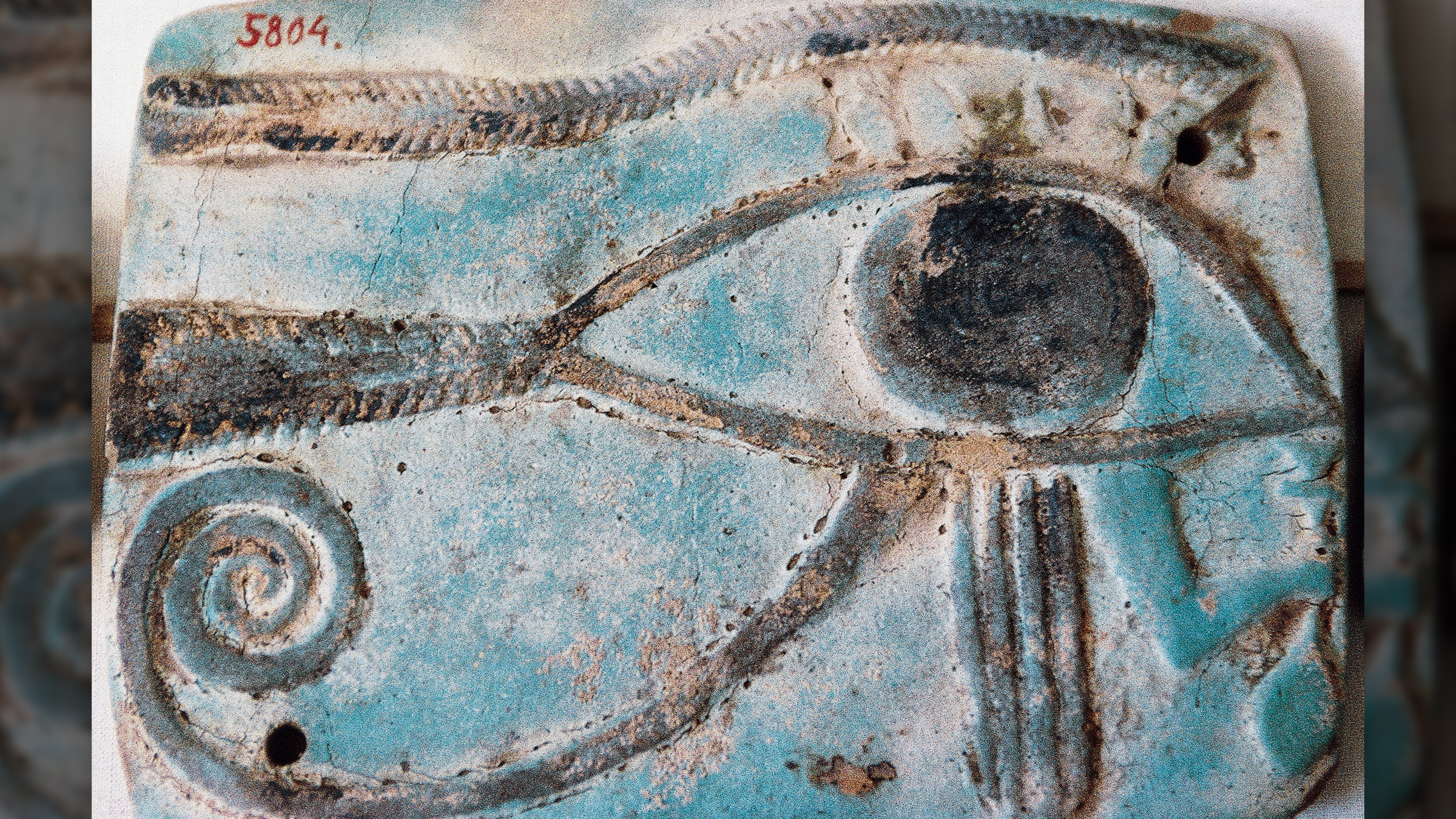Humans Ate Fish 40,000 Years Ago
At least one of our ancestors regularly ate fish 40,000 years ago, a new study finds.
Scientists analyzed chemical compositions of the protein collagen in an ancient human skeleton from Tianyuan Cave near Beijing to reach their conclusion.
Fishing at this time must have involved considerable effort, the researchers think, because fossil records suggest humans were not using sophisticated tools — beyond crude stone blades — until about 50,000 years ago.
"This analysis provides the first direct evidence for the consumption of aquatic resources by early modern humans in China and has implications for early modern human subsistence and demography," said Michael P. Richards of the Max Planck Institute for Evolutionary Anthropology.
Other researchers have theorized that fish consumption may have helped humans grow bigger brains, though it's also thought that the introduction of meat protein from land animals into the human diet, perhaps 2 million years ago, was an important factor, too. (Other factors, such as sheer survival needs driven by environmental catastrophe, may have fueled brain growth, too.)
Regardless, the shift to more fish in the human diet, as found in the new study, likely reflects greater pressure from an expanding population at the time of modern human emergence across Eurasia, Richards and his colleagues said in a statement.
The findings were detailed this week in the journal Proceedings of the National Academy of Sciences.
Sign up for the Live Science daily newsletter now
Get the world’s most fascinating discoveries delivered straight to your inbox.











